Core Faculty:
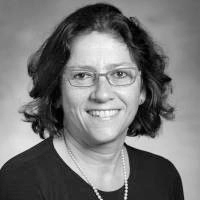
Lee Hill Snowdon Professor of Environmental Policy
Duke University
Dr. Weinthal specializes in global environmental politics and environmental security with a particular emphasis on water and energy. Current areas of research include (1) global environmental politics and governance, (2) environmental conflict and peacebuilding, (3) the political economy of the resource curse, and (4) climate change adaptation. Dr. Weinthal’s research spans multiple geographic regions, including the Soviet successor states, the Middle East, South Asia, East Africa, and North America. Dr. Weinthal is author of State Making and Environmental Cooperation: Linking Domestic Politics and International Politics in Central Asia (MIT Press 2002), which received the 2003 Chadwick Alger Prize and the 2003 Lynton Keith Caldwell Prize. She has co-authored, Oil is not a Curse: Ownership Structure and Institutions in Soviet Successor States (Cambridge University Press 2010) and has co-edited, Water and Post-conflict Peacebuilding: Shoring Up Peace (Routledge/Earthscan Press, 2014). She is a member of the UNEP Expert Group on Conflict and Peacebuilding. Dr. Weinthal is also an Editor at Global Environmental Politics. In 2017 she was a recipient of the Women Peacebuilders for Water Award under the auspices of “Fondazione Milano per Expo 2015”.
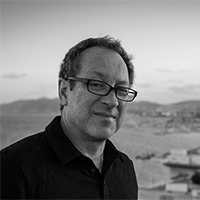
Director, Blum Center for Poverty Alleviation and Sustainable Development
University of California Irvine
Richard Matthew studies (a) the environmental dimensions of conflict and peacebuilding; (b) climate change adaptation in conflict and post-conflict societies; and (c) transnational threat systems. He has done extensive field work in conflict zones in South Asia and East, Central and West Africa.
In addition to his positions at UCI, he is also a Senior Fellow at the International Institute for Sustainable Development in Geneva; a Senior Fellow at the Munk School at the University of Toronto; a senior member of the United Nations Expert Advisory Group on Environment, Conflict and Peacebuilding; and a member of the World Conservation Union's Commission on Environmental, Economic and Social Policy. Dr. Matthew has received Certificates of Recognition for his research and service activities from the U.S. Congress, the California State Legislature and the City of Los Angeles. He has over 150 publications including seven books and co-edited volumes.
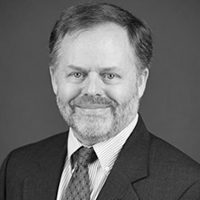
Deputy Director, CIESIN, Earth Institute
Columbia University
Marc Levy is deputy director of CIESIN. He is a political scientist specializing in the human dimension of global environmental change. He is a political scientist utilizing interdisciplinary research to understand how humans can better manage complex, interlinked systemic risk. He is well known for his work on environmental security, on global environmental governance, and on sustainability indicators. His research has been supported by a number of agencies, including the National Science Foundation, U.S. Agency for International Development, National Intelligence Council, National Aeronautic and Space Administration, UN Environment Programme, UN Development Programme, and Skoll Global Threats Foundation. He has served as lead project scientist of the Socioeconomic Data and Applications Center since 1998.
He is frequently called on for advisory and assessment processes. He has served on four committees of the U.S. National Academy of Sciences and was a Lead Author on the Intergovernmental Panel for Climate Change Fifth Assessment, Working Group II chapter on human security. He has served as coordinating lead author for several UN Environment Programme Assessments and the Millennium Ecosystem Assessment. He has served on the Political Instability Task Force since 1996.
He is a member of the World Economic Forum (WEF) Global Agenda Council on Measuring Sustainability. He has co-led, with Daniel Esty, production of the Environmental Sustainability Index and Environmental Performance Index, which have been released regularly at the World Economic Forum's annual meeting in Davos, Switzerland since 1999. He also served on the high-level advisory board on Sustainability and Competitiveness of the WEF.
Levy is an adjunct professor in the Columbia University School of International and Public Affairs, where he teaches graduate courses on environmental security leakages. He also co-directs Columbia's Certificate Program in Environment, Peace and Security.
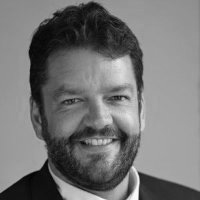
Head of Environmental Peacebuilding Programme
UN Environment
David Jenson has over 15 years of experience in assessming and addressing natural resources, conflict and peacebuilding. He has worked for UN Environment as a senior expert on a range of different crisis responses operation including the Balkans, Iraq, DR Congo, Central African Republic, Sierra LEone and Côte D'Ivoire.
Since 2008, David has managed UN Environment's Environmental Cooperation for Peacebuilding programme. The ECP programme aims to strengthen the capacity of countries, regional organizations, UN entities and civil society to understand and respond to the conflict risks and peacebuilding opportunities presented by natural resources and the environment. Jensen has also spearheaded the development of six flagship policy reports that analyze the role of natural resources across the entire conflict cycle. The work is the foundation of a enw knowledge platform and community of practice (www.environmentalpeacebuilding), and has been featured on TEDx. In 2015, David's programme teamed up with the World Bank to develop the MAP-X Partnership. MAP-X is a global wen platform (www.mapx.io) designed to strengthen transparent and access to authoritative information on the financial, social and environmental performance of the extractive industries.
A Canadian national from Victoria, British Columbia, David began his career with the Canadian government at the federal, provincial and district levels. His initial work focused on sustainable forest management and land use planning (Environment Canada, British Columbia Ministry of Forests) as well as on the negotiation of land claims with First Nations (British Columbia Ministry of Aboriginal Affairs). Jensen holds a MSc in Biology from Oxford University (UK) and an undergraduate degree in Geography from the University of Victoria (Canada).
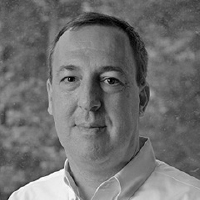
Carl Bruch – Lecturer
Director, International Programs
Environmental Law Institute
David Carl Bruch's research focuses on making environmental law work. He has helped countries across Africa, Latin America, the Middle East, and Asia develop and implement laws, policies, and institutional frameworks to effectively manage water resources, biodiversity, forests, and other natural resources. He is an authority on the means to manage natural resources to support post-conflict peacebuilding, on environmental governance and institutions, and on ways to prevent, reduce, mitigate, and compensate for damage to the environment during armed conflict.
In addition to working at ELI, Bruch has been an attorney with the United Nations Environment Program (UNEP) and the Environmental Law Alliance Worldwide (E-LAW). He is an adjunct professor with American University School of International Service, where he teaches a master's-level course on environmental peacebuilding.
Guest lecturers:
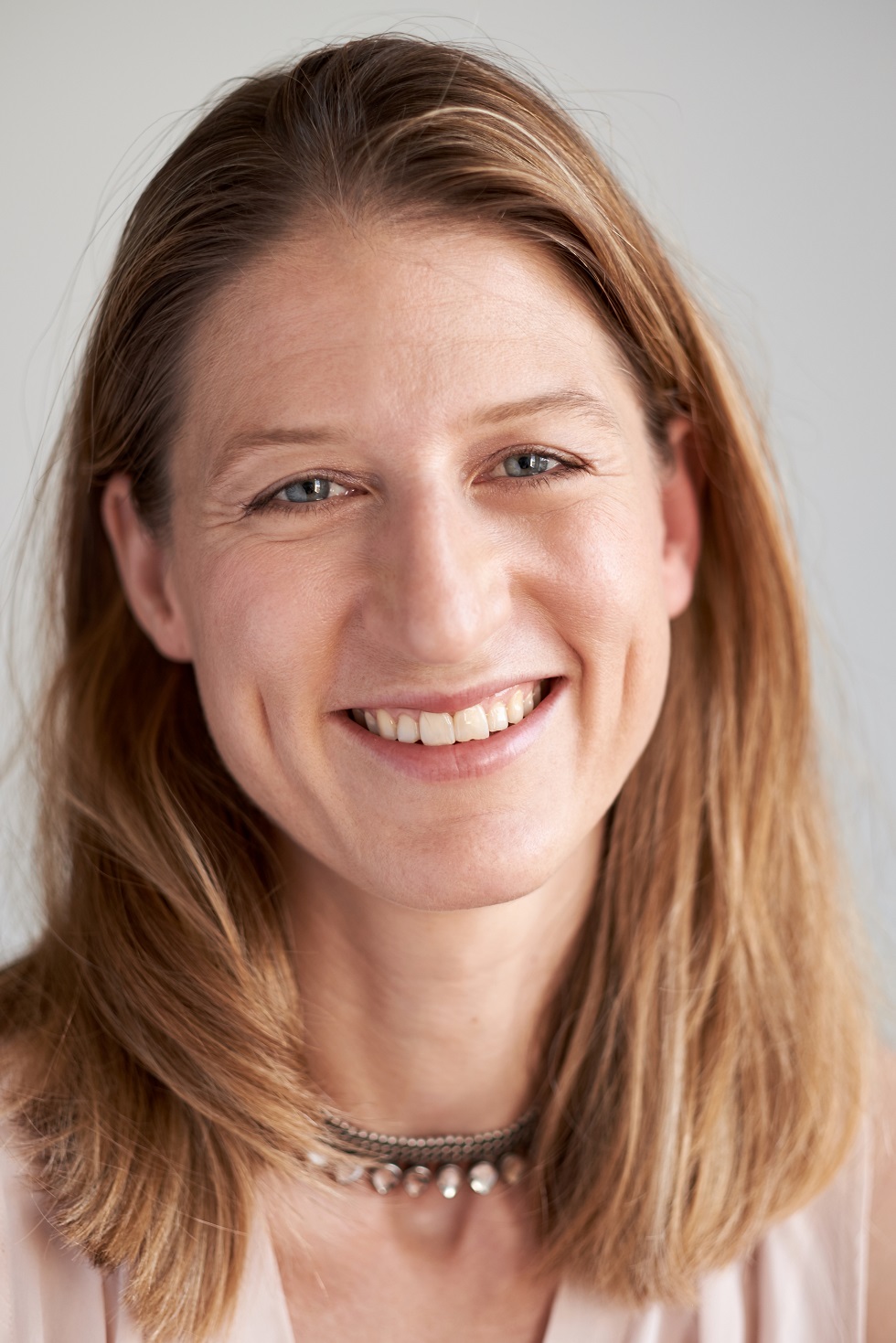
Coordinator: Women, Natural Resources and Peace
UN Environment
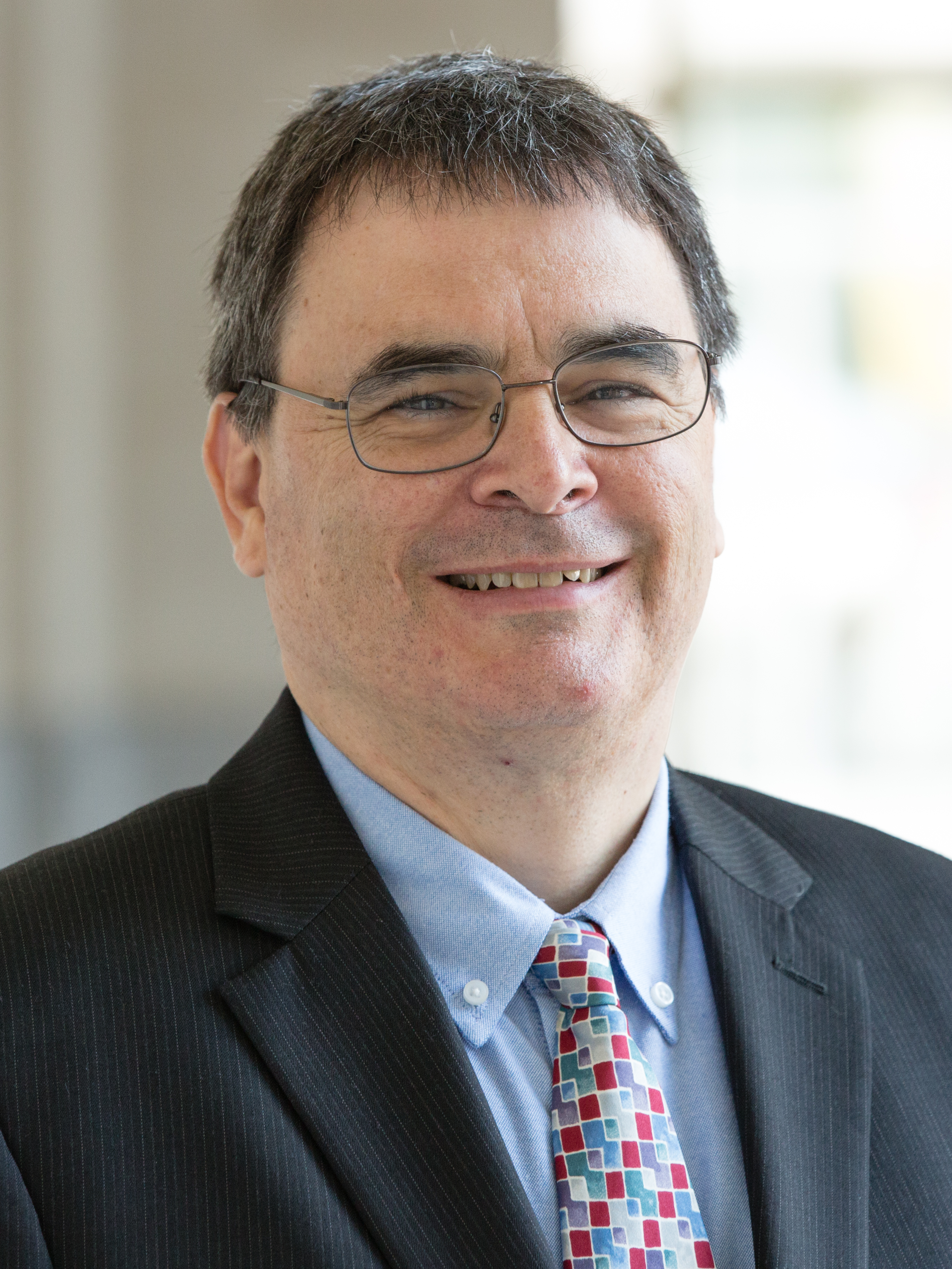
Professor of International Affairs
American University
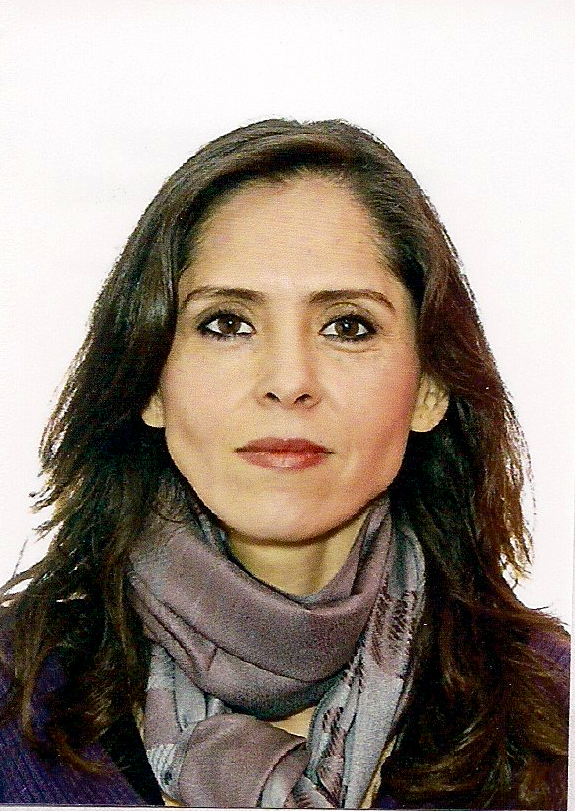
Bernarda Elizalde
Principal and Co-Founder, Centre for Responsible Mineral Development
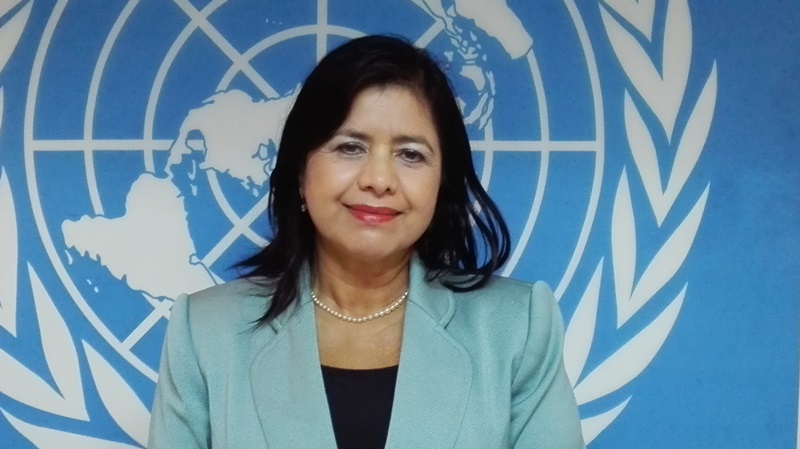
Rebeca Arias Flores
Resident Coordinator (United Nations) and Resident Representative (United Nations Development Programme), Guatemala